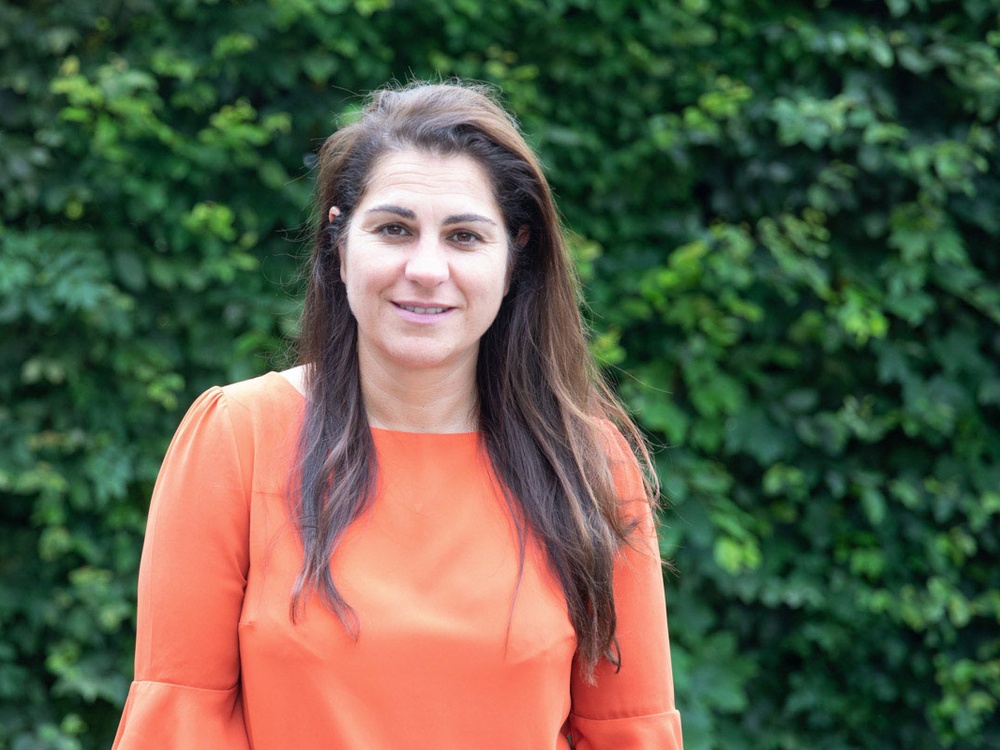In recent episodes of Coronation Street, viewers have seen the heartbreak of Leanne Battersby and Steve McDonald as they learn that their son, Oliver, has a rare genetic condition, mitochondrial disease.
It's a tragic storyline, particularly at this time when we are all are getting a taste of living with a deadly disease that currently has no cure. The fear and uncertainty that Leanne and Steve are facing is something we can all relate to on some level.
Our charity, The Lily Foundation, is working to improve the lives of people affected by mitochondrial diseases. We helped advise on the Corrie script, and as someone who's been through it myself, I can tell you that Jane Danson, who plays Leanne, is doing an incredible job portraying the shattering impact mito has on people's lives.
We support over 850 families affected by mitochondrial disease, and this number is increasing year on year as diagnosis and awareness improves. Sadly, the majority of children with mito will join the 950,000 children in the UK living with lifelong disabilities.
For many of these families, Covid-19 has been an absolute nightmare. Even before lockdown they were struggling. In 2018, a Disabled Children’s Partnership survey for The Sun found that only four per cent of families with disabled children felt they had enough support to safely care for their children.
With lockdown, these already fragile support structures vanished overnight. The grandparents, in-laws and friends who usually act as voluntary carers, providing vital respite for parents, are no longer available. With schools, nurseries and hospices closed, parents have been left to fend for themselves.
An important new survey by the DCP has found 76% of families with disabled children have had no support whatsoever during lockdown. Parents of severely disabled children who need 24-hour care have been left facing impossible situations. In many cases, the government schemes they were told would help them have failed.
Parents of severely disabled children who need 24-hour care have been left facing impossible situations. In many cases, the government schemes they were told would help them have failed.
While the rest of the country panicked over toilet paper and pasta, I spoke to parents who were unable to access the medicines their children needed to live."Within days of lockdown starting, our charity and others within the DCP began getting calls from families who had fallen through the cracks. Many were confused by the official shielding guidelines for those considered extremely vulnerable, or else had been left off the list altogether. While the rest of the country panicked over toilet paper and pasta, I spoke to parents who were unable to access the medicines their children needed to live.
I'm really proud of how our charity responded. We helped shielding families register for vulnerable status, so they could access priority deliveries of shopping and medical prescriptions. We got on the phone to GP surgeries and online grocers, and in some cases even made urgent deliveries ourselves. Working with our NHS partners, we quickly set up a Covid-19 webpage with health advice specific to people with mito, and emailed families with the latest updates.
As a small charity we do what we can, but the gap in care has taken a terrible toll on families with disabled children during lockdown. When I speak to them their resilience and positivity is truly humbling, but the reality is that many are struggling to cope.
People with mito have a reduced capacity to fight infection – even a common cold can be life threatening. Shielding parents live in constant fear of transmitting the virus to their child. This is doubly difficult when a child is severely disabled and depends on you for feeding, washing, dressing and going to the toilet.
With no access to overnight or respite care, the role of parent-carer to any disabled child is a punishing cycle of anxious days and sleepless nights. Add the pressures of home schooling, often while one or both parents are trying to keep finances stable by working from home, and even the most resourceful soon find themselves at breaking point.
These mums and dads, brothers and sisters have now been in isolation for months. While lockdown is easing for the wider public, many feel they will not be safe to return to any sort of normality until there is a vaccine. They are being left in lockdown with no support, and no end in sight.
Parents and the DCP are asking the government to respect families of disabled children and acknowledge the hours of unpaid care they are giving. Families need clear information and advice that's relevant to their children. We expect a well-considered plan with meaningful support for those continuing to shield. All of this needs to be backed up with resources so families don’t fall through the cracks.
As little Oliver Battersby's story unfolds on Coronation Street, I hope viewers will remember the many parents living with disabled children in the UK for whom this is not a soap opera, but real life. And as we emerge blinking into the light after months of lockdown, let's make sure the most vulnerable among us are not left behind.
An edited version of this article was published in The Sun on 26th June, 2020. With thanks to our friends at the Disabled Children's Partnership.

